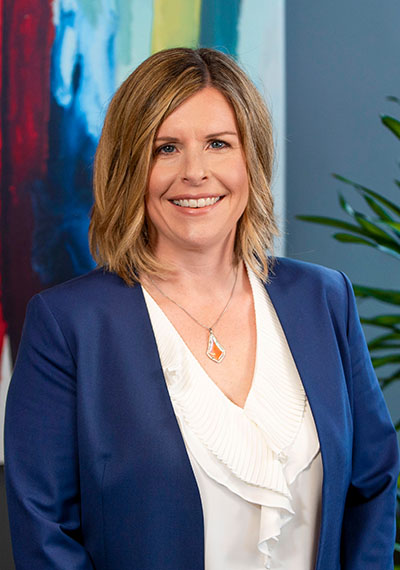Did one of your New Year’s resolutions include a significant financial goal, like buying a home or investing for the first time? The beginning of the year is a great time to evaluate your finances, outline your goals, and create a plan to help you reach them. One component of financial planning is to guide our clients through establishing a budget or “spending plan.” If you’re a young professional in particular, creating and maintaining a budget is a critical first step in building the foundation of your wealth.
From a long-term perspective, many people define the pinnacle of financial success as becoming financially independent or not having to work to provide an income for your household. This is a common goal, but how do you get there? One way is to follow the best practices of those who have already achieved financial independence. We’ve worked with many clients who have been successful in this area. What do they have in common? They created and stuck to a budget.
Let’s discuss three budgeting takeaways we’ve gathered in our experience working with these clients to help you get started monitoring your expenses and maintaining a budget that works for you.
Track Your Spending
We’ve found clients who track their spending reach financial independence at a higher success rate than those who don’t. Besides being simple and effective, knowing where your money is going is an extremely valuable method to help you stay intentional with your spending and remain on course to meet your future goals. You can track your income, expenses, and other spending using a spreadsheet or any of the many integrated apps and budgeting tools available online.
Take the Guesswork out of Future Financial Decisions
Having a comprehensive view of your income and spending is a straightforward way to inform your future financial decisions. Understanding your money-in and money-out habits takes the guesswork out of how you’ll spend or save in the future to reach your objectives. Perhaps you’re ready to purchase a house or rental property, fund your child’s education, or increase your charitable giving. Your budget will show the areas where you have the financial flexibility and where you need to manage and tighten your spending. A consistent budgeting practice will also help you take more educated, calculated risks when considering, for example, starting a business or changing careers.
Tap into the Miracle of Compound Growth
Incorporating a portion of your income into a savings or investment account as early as possible is critical when building passive wealth and achieving your long-term financial goals, such as how and when you’ll retire. Simply put, the sooner you can allocate funds into a long-term savings strategy, the longer your money can grow, compound, and work for you over time. Get started by making your savings and investments a line item in your budget, along with your other expenses. Ensure the amount you set aside is realistic and manageable for you and allocated before discretionary or non-essential spending.
Conclusion
Achieving financial independence can seem intimidating, but when simple financial planning steps, such as budgeting, are put into practice, the goal becomes more motivating and attainable. Through working with families who have achieved financial independence, we’ve seen how budgeting early and often is a path that leads to financial success now and later in life.
Are you on the path toward financial independence? Many steps go into successful financial planning, and budgeting is only one of them. At CCMI, we’ve developed the “First Step” planning process specifically designed for those building their financial foundation. If you’d like to learn more about this service—which covers debt management, budgeting, planning for a family or home purchase, and more—please contact one of our advisors today.
CCMI provides personalized fee-only financial planning and investment management services to business owners, professionals, individuals and families in San Diego and throughout the country. CCMI has a team of CERTIFIED FINANCIAL PLANNERTM professionals who act as fiduciaries, which means our clients’ interests always come first.
How can we help you?






